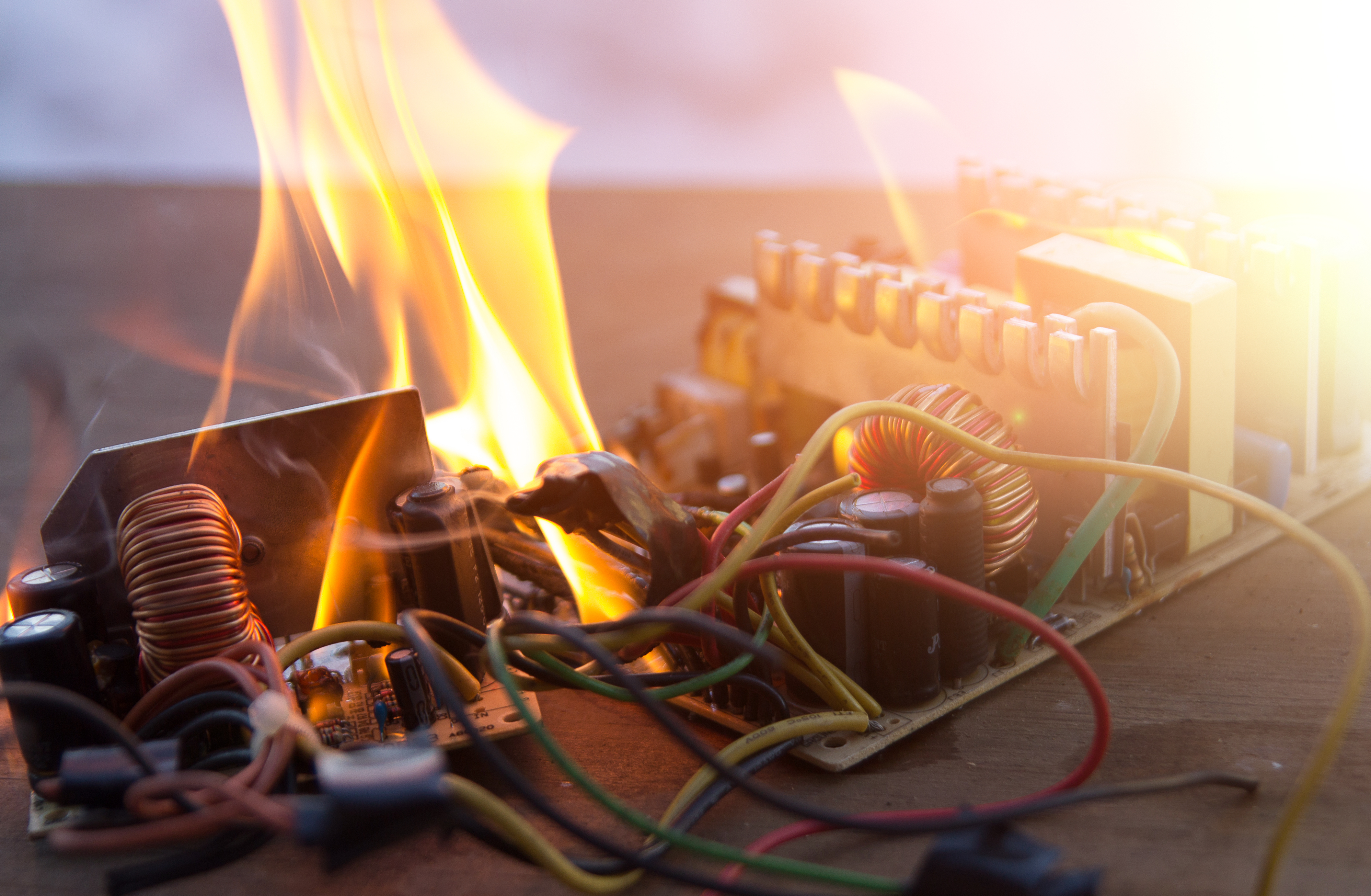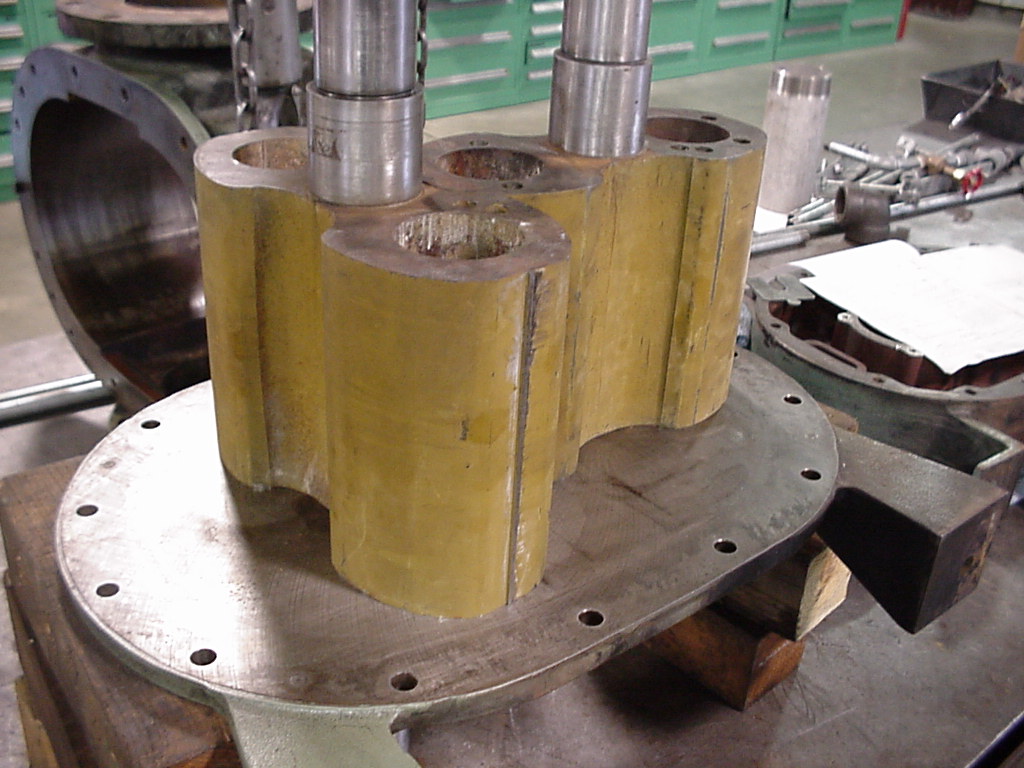Product Liability, Product Defect expert, accident expert, manufacturing defects, failure expert
Investigating Failures and AccidentsForensics Engineering and Expert Witness Services
ACCIDENTS
Vehicle and Forklift
Slips Trips Falls
Heavy Equipment Accidents
Machinery Injuries
Production Line Accidents
Structural Collapse Related
Toxic Chemical Exposure
Burns and Thermal Exposure
Leaks and Piping Failures
INDUSTRIAL INVESTIGATIONS
Fires
Explosions
Equipment Failures
Process and Refinery Incidents
Natural Gas, Oil, Petrochemical
Facility Design Defects
Safety Procedure Defects
Life Safety Defects
OSHA Related Incidents
INVESTIGATION TECHNOLOGY
Metallurgy
Vibration Related Failures
Thermal, Heat and Cold Related
Materials
Electrical Related
Fuels and Combustion
Operator and Training
Instrumentation and Controls
Human Machine Interphase
PRODUCT LIABILITY, DEFECTIVE PRODUCT
Consumer Products
Tools and Hardware
Children’s Products
Electrical Products
Household Products
Chemicals
Mechanical Equipment
Fires
Control Systems
Car, Automotive
Product Liability Expert, Defective Product Expert, Forensics Expert
When a Product has a Defect, Equipment Fails, Buildings or Bridges Collapse, or things Catch on Fire, A Proper Investigation is a MUST. A fire investigation begins with basic fact collection leading to an origin and cause finding. Cogent has experience investigating product defects, accidents, manufacturing defects, fires, equipment failures, injures and the like. We also have extensive understanding of mechanical, electrical, wiring, piping, construction, control systems, materials of construction, fuels and other technology disciplines required to perform a proper investigation.


Accident and Fire Investigation and Failure Analysis
Accidents can generally be described as an unfortunate incident which happens unexpectedly and unintentionally, generally resulting in injury or damage. Relatedly, failures can generally be described as a lack of success and/or the omission of required and/or expected action. As an example, an accident may occur to an individual who sustains an injury because a product and/or piece of equipment has some type of failure. The accident itself requires investigation, as well as investigation into the failed component, device and/or element. Cogent has investigated many accidents and component failures for individuals and businesses alike.
Origin and Cause Expert, Fire Expert and Fire Investigator with Extensive Experience
As a basic example in the house fire image below, the fire needs a fuel, the proper amount of oxygen (air), and an ignition source. A fire investigation begins with basic fact collection. In many cases, electrical connections and wiring are the cause of fires. For example, if an electrical wire draws to much amperage, it’s temperature rises, along with insulation encapsulating the wire. If the temperature of the insulation reaches it’s autoignition temperature, the situation now contains all three components needed for a fire to start – a fuel (the polymer wire insulation), air (which is just about everywhere), and an ignition source (the heated insulation above it’s autoignition source.
The key to understanding accidents and failures, including catastrophic failures, is to properly perform a Root Cause Analysis or RCA to determine just that, the root cause of the accident and/or failure.
Basic Steps of Failure Analysis
Failure Analysis typically begins with data collection and defining the nature of the problem. The identification of relevant mechanisms and damage modes are also identified to assist in the analysis.
Once the above basic data is collected, testing to determine the actual mechanisms leading to the failure is performed. This testing many different technologies, many of which require expertise to understand the relevance to the failure. Additionally, Failure Mode and Effect and Analysis (FMEA) is a great tool for identifying every mode and possible related effect. FMEA each and every components failure mode to the systems general operation and zeros in on the most likely contributing modes.
Evaluation is then performed to identify possible root causes of the failure, and Cause and Effect relationships are analyzed for the various elements of the mechanisms to determine causal interaction amongst these elements. An expert will then work to confirm the teams Cause and Effect relationships as this is critical to the analysis.
Once the confirmation of Cause and Effect relationships are confirmed, testing for the actual root cause is typically performed. Testing continues until the actual root cause is concretely developed whereby the implementation of corrective action may occur.
FMEA Failure Mode Effect Analysis
As referenced above, Failure Mode Effect Analysis (FMEA) is a very powerful tool that comprehensively looks at each and every failure mode possibility for a given mechanism or system.
FMEA is generally classed into one of (1) functional, (2) interface, and (3) detailed type FMEA. A functional FMEA is generally performed during the development of a system and/or piece of equipment. As the functional FMEA is generally performed during the design and conceptualization of a given device, product and/or piece of equipment, it is a very important in that it looks to identify design deficiencies and correct said deficiencies prior to the release of the system or equipment into production. An interface FMEA is similar to a functional FMEA in that it attempts to identify and correct the design appropriately. However, an interface FMEA identifies the failure modes which are on or at the interface between interconnected subsystems and components. Lastly, the detailed FMEA identifies failure modes associated with each and every component as well as the effects on the overall system operation.
The FMEA process begins with the identification of failure modes for all components relevant to the mechanism or system involved. The determination of the effect of failure for each failure mode both from the perspective of the individual component as well as the effect on the overall system operation is performed.
The failure is then classified by tracking the effects of the failure on the mechanism or system operation. This step generally involves multi-discipline technologies inclusive of designers, engineers, maintenance and operators etc.
The failure probability of occurrence is determined for the component and/or system, along with determining how the failure mode may be detected. The identification of mitigating factors such as design changes or other engineering provisions is an performed. This is a necessary step in the production and or manufacturing of products, systems and equipment.
One has to be leary engineering experts that lack diverse and real world experience. Cogent has experience with an extensive amount of projects, systems and equipment in a multitude of venues.
Blending subject matter expertise with technology is a goal that Cogent will embrace during the investigation of any engineering or legal matter we are engaged thereto.
Automotive Brake Failure – Caliper
Technology solves problems, period. Tools such as Failure Analysis, FMEA and Root Cause Analysis are great to assist in legal claims. With over 25 years of experience in engineering, design, manufacturing, reliability engineering, maintenance engineering, operations etc., Cogent is well equipped to provide subject matter expertise.
Performing a failure or accident investigation properly
It’s important to realize this process should occur at the same general time as patent prosecution, such that the aspects of DFMA, including changes to a product or method are included in the patent application. With 25 years of experience working with products, manufacturing, intellectual property, and patents, The Pollock Group, LLC works with clients to build these concepts into the patent process to take advantage of potentially large cost savings. This drives unit cost down and increases your business’s profitability. So it’s not just about getting a patent or trademark, it’s a comprehensive process.


